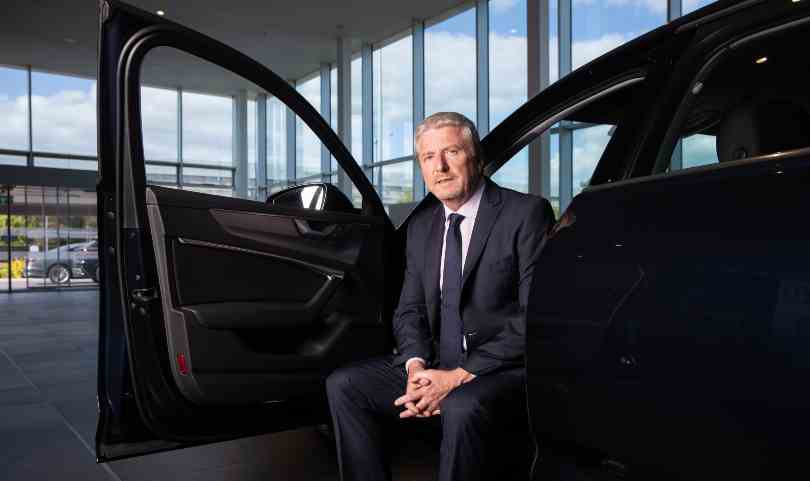A new study of attitudes to cars shows that the vast majority of Irish buyers are confused about their vehicles’ environmental impact, and almost four-fifths think government plans to phase out petrol and diesel by 2030 are impossible.
The Irish Car Carbon Reduction Alliance study was carried out to coincide with its new E-Way 2040 campaign, and found that 86% of drivers don’t know the CO2 emissions of their current vehicle, while 82% don’t think the government’s plan to ban petrol and diesel cars by 2030 is achievable.
A key part of the ICCRA E-Way 2040 campaign is a website that provides consumers and motorists with a jargon-free online resource to learn more about the various engine options available on the market, and a roadmap to starting their personal journey to zero carbon emissions from their cars.
Spokesperson Denis Murphy said: “Irish consumers and the motoring sector are strong believers in and supporters of reducing their car carbon footprint. However, they want clarity and cost-effective solutions that can have a real and lasting positive impact — not confusion and unrealistic targets.
“More than half of car buyers are confused about the car options available to them and their impact on the environment. We also know that conflicting information on what is actually an environmentally-friendly car is a significant concern to two thirds of Irish consumers.
“Furthermore, almost 9 out of 10 drivers admitted they don’t know the CO2 emissions from their current vehicle. These findings clearly show the widespread confusion among consumers, a factor which is only adding to uncertainty at a critical time as the economy begins to reopen.”
The study also revealed that two-thirds of car buyers would be willing to consider buying a car with an internal combustion engine if it could be shown to be more environmentally friendly. However, 42% of respondents, rising to 60% among 18-24 year olds, stated that government’s planned 2030 combustible engine ban would stop them buying a diesel or petrol engine car in the next five years.
Electric Premium
When considering an electric vehicle, 56% said they are not willing to pay a premium to go electric. Probing further, the survey highlighted that the lack of appropriate charging infrastructure (70%) and lack of sufficient time (57%) are a key consumer barrier to going electric.
ICCRA says that informed choice is essential, and claims that “current technological innovations could bring petrol and diesel engine cars close to zero emissions by 2030”.
Murphy (pictured) added that easing Covid-19 restrictions is likely to put more cars back on the road as people reconsider using public transport.
“In the absence of a vaccine, as we move through the phase of reopening Irish society we can expect a significant increase in traffic as commuters reconsider public transport for multiple reasons," he stated.
“Simply banning cars is not feasible, and so the best way to reduce emissions in the transport sector is to incentivise the replacement of old emissions-intensive cars with newer and more fuel-efficient models. By 2021 the average new car on Irish roads will emit 28% less emissions than the current fleet.”
ICCRA is an alliance of most car dealers in Ireland and represents almost every car brand. All its members are also members of the Society of the Irish Motor Industry.









